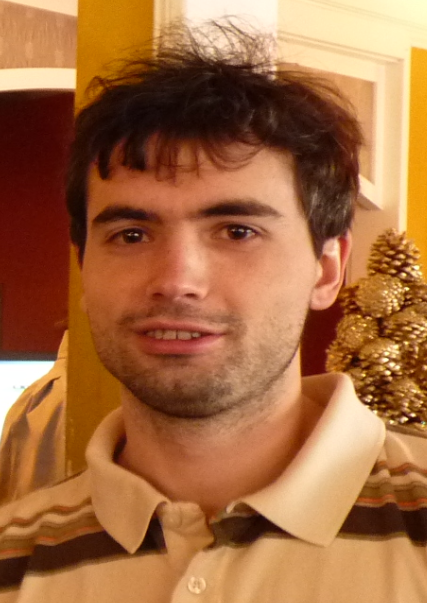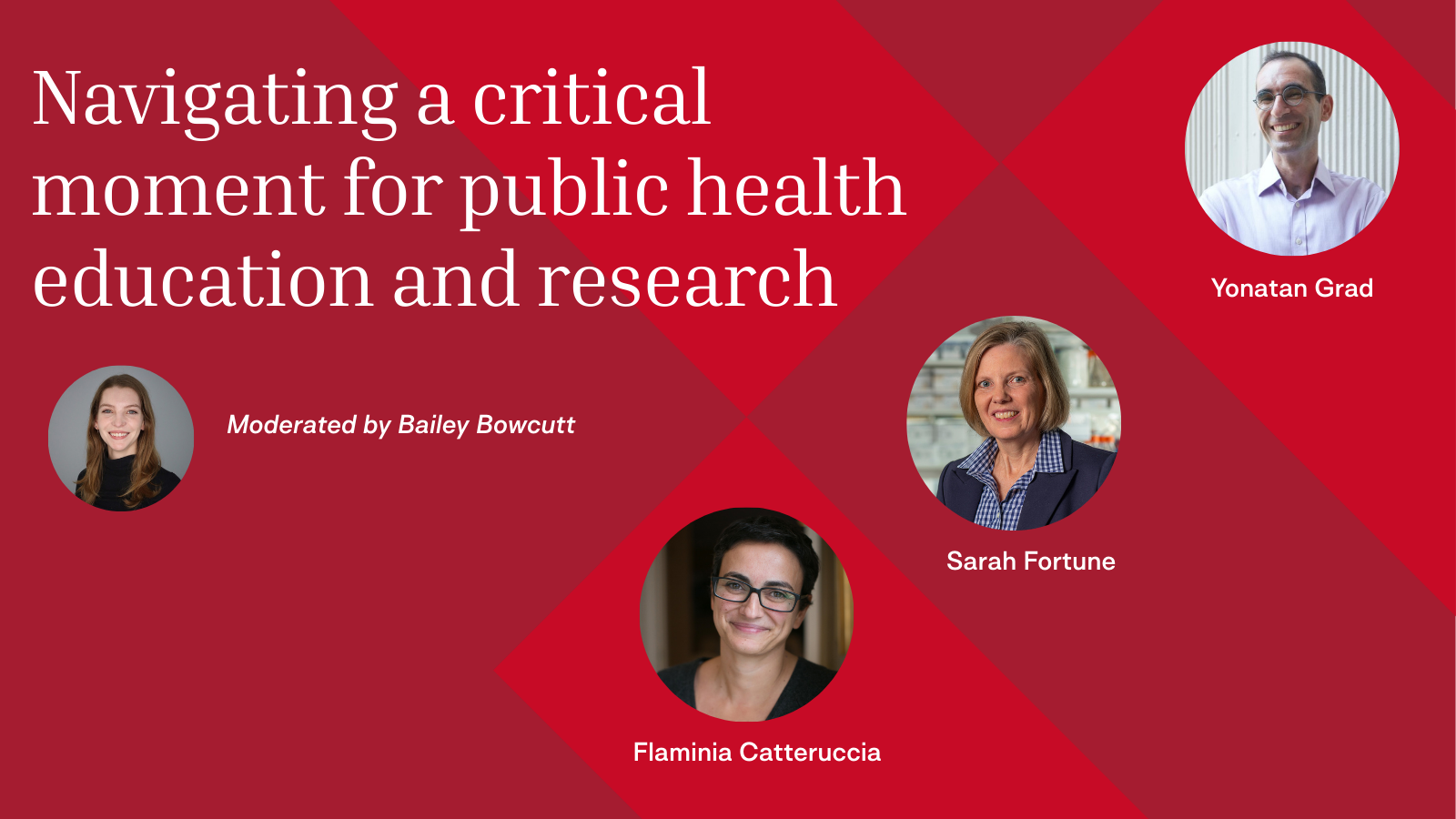Grad Lab
Our lab studies how pathogens evolve and spread. We use experimental and computational tools to test our hypotheses and collaborate with clinical and public health institutions. Our overall aim is to improve diagnostics, therapeutics, and clinical and public health strategies to aid in the control of infectious diseases.
Harvard T.H. Chan School of Public Health
665 Huntington Avenue,
Building 1, Room 715
Boston, MA 02115
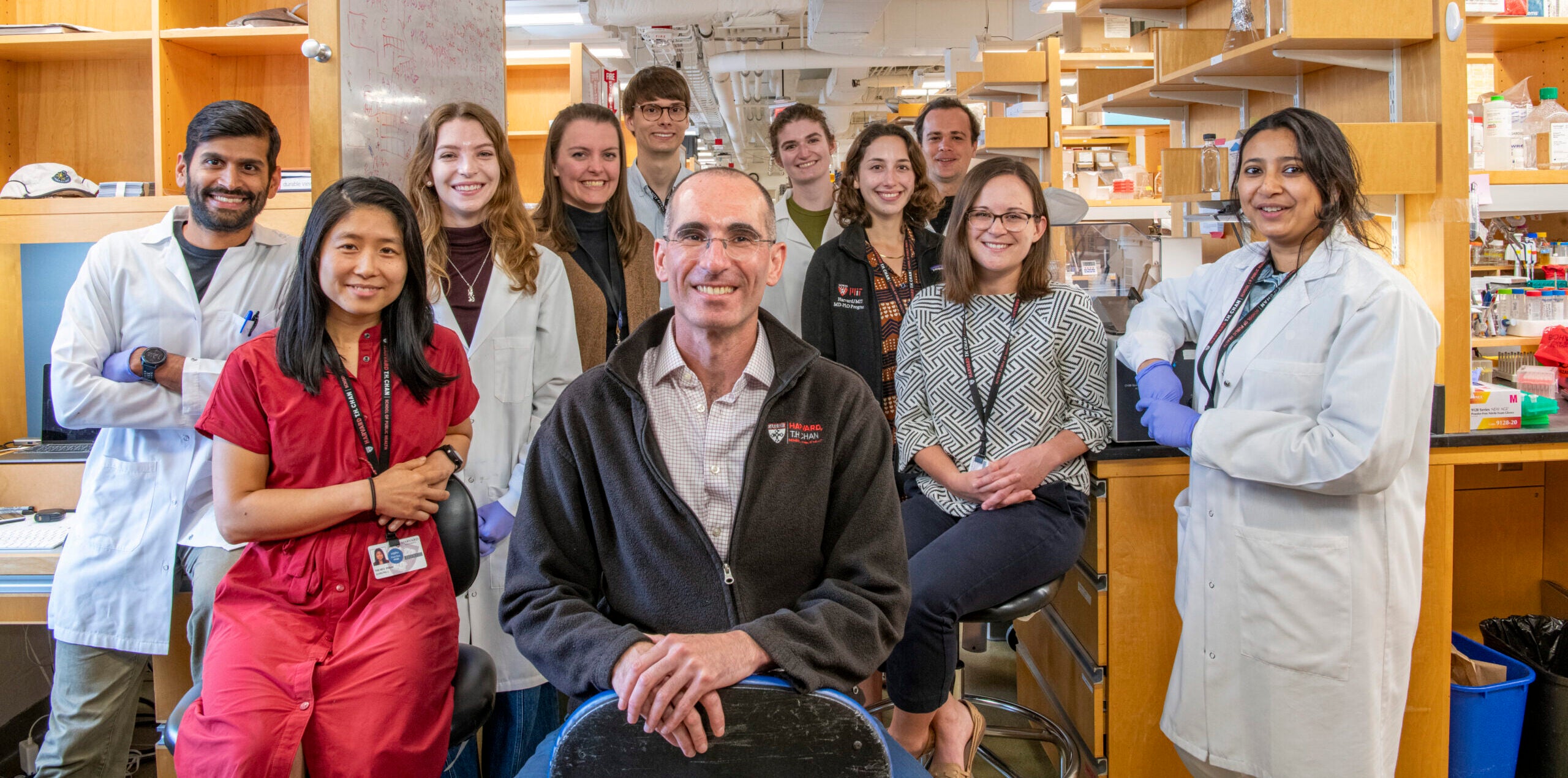
Evolution and Spread of Pathogens
Dr. Yonatan Grad is a physician-scientist and professor in the Department of Immunology and Infectious Diseases. The Grad lab focuses on how to prepare for and respond effectively to infectious disease threats through understanding interacting processes from microbial evolution through human ecology. The lab uses interdisciplinary methods, including microbial genetics, population genomics, and mathematical modeling to move across these scales, with goals of advancing clinical and public health practices. The lab seeks to create a vibrant intellectual environment by bringing together members with diverse backgrounds, including microbiology, molecular biology, medicine, infectious disease epidemiology, applied mathematics, and physics.
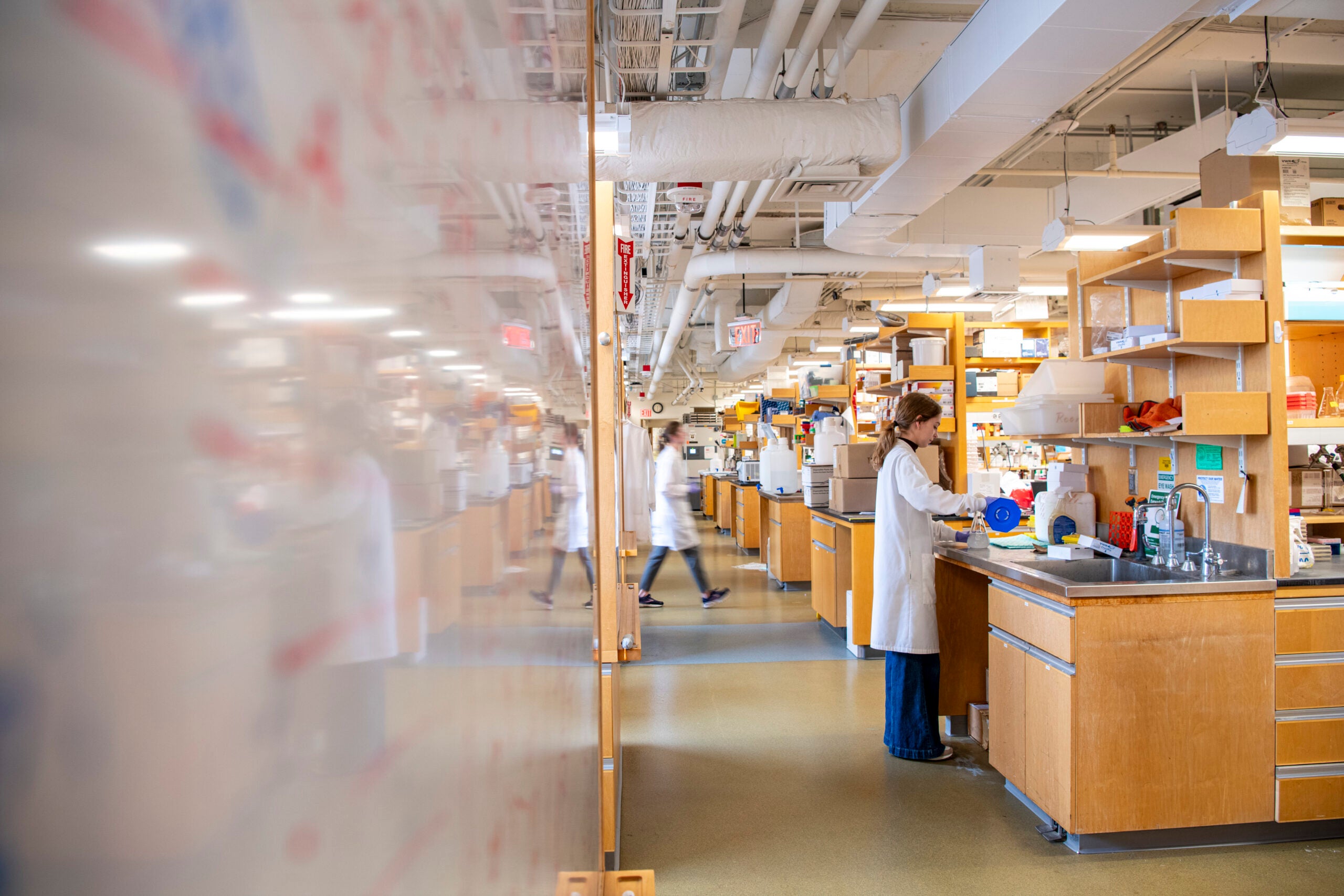
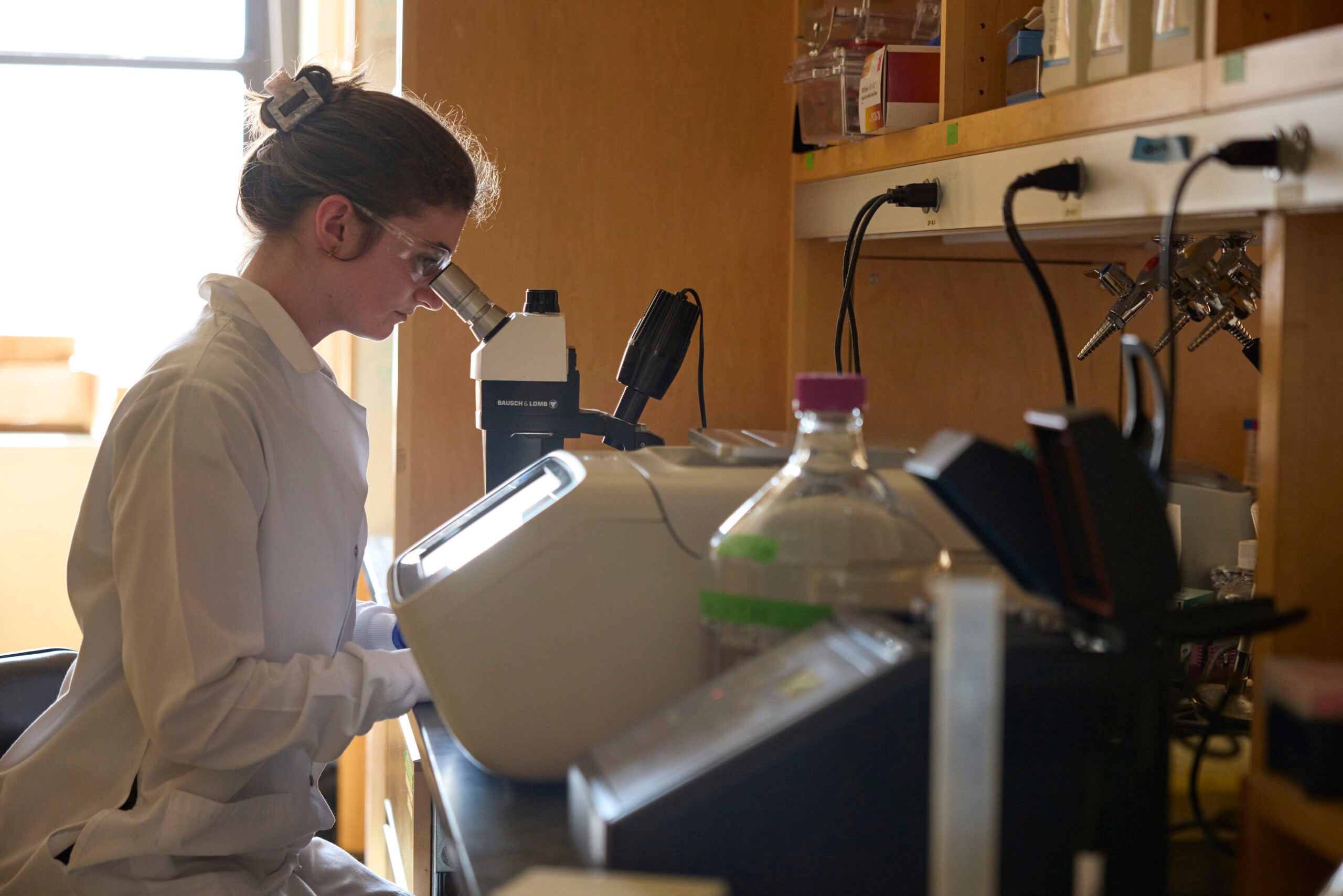
Support Harvard Chan School
Every gift contributes to our mission of building a world where everyone can thrive. To learn more about how you can support The Grad Lab, please contact Carter Brown.
What We Do
Our interests encompass sexually transmitted infections, antimicrobial resistance, and pandemic preparedness and response, with a goal of informing clinical practice and public health decision-making. Much of our work focuses on gonorrhea, caused by the bacterial pathogen Neisseria gonorrhoeae, both for addressing this urgent public health threat and as a roadmap for addressing antimicrobial resistance in other pathogens. Our work has included other bacterial pathogens, such as Streptococcus pyogenes and Staphylococcus aureus, and viral pathogens, such as SARS-CoV-2, influenza, and mumps virus. Many themes of our work are general and can be tailored to specific pathogens: we investigate how to optimize the design and implementation of interventions–including vaccination, antibiotic use, diagnostics–and pathogen surveillance systems.
We use a combination of molecular microbiology, genomics, epidemiological and statistical tools, and mathematical modeling to understand transmission, evolution, and pathogenesis.
We strive to contribute to a healthier world through our research, training, interdisciplinary collaboration, and engagement with both local and global communities. By moving across scales from the molecular to population levels and back, we seek to expand our knowledge to provide an evidence base for the design, implementation, and evaluation of strategies to identify and mitigate infectious disease threats.

Recent Publications
- Estimating the undetected burden of infections and the likelihood of strain persistence of drug-resistant Neisseria gonorrhoeae
- Surveillance strategies for the detection of new pathogen variants across epidemiological contexts
- Effects of doxycycline post-exposure prophylaxis for prevention of sexually transmitted infections on gonorrhoea prevalence and antimicrobial resistance among men who have sex with men in the USA: a modelling study
- Trends in infection incidence and antimicrobial resistance in the US Veterans Affairs Healthcare System: a nationwide retrospective cohort study (2007–22)

